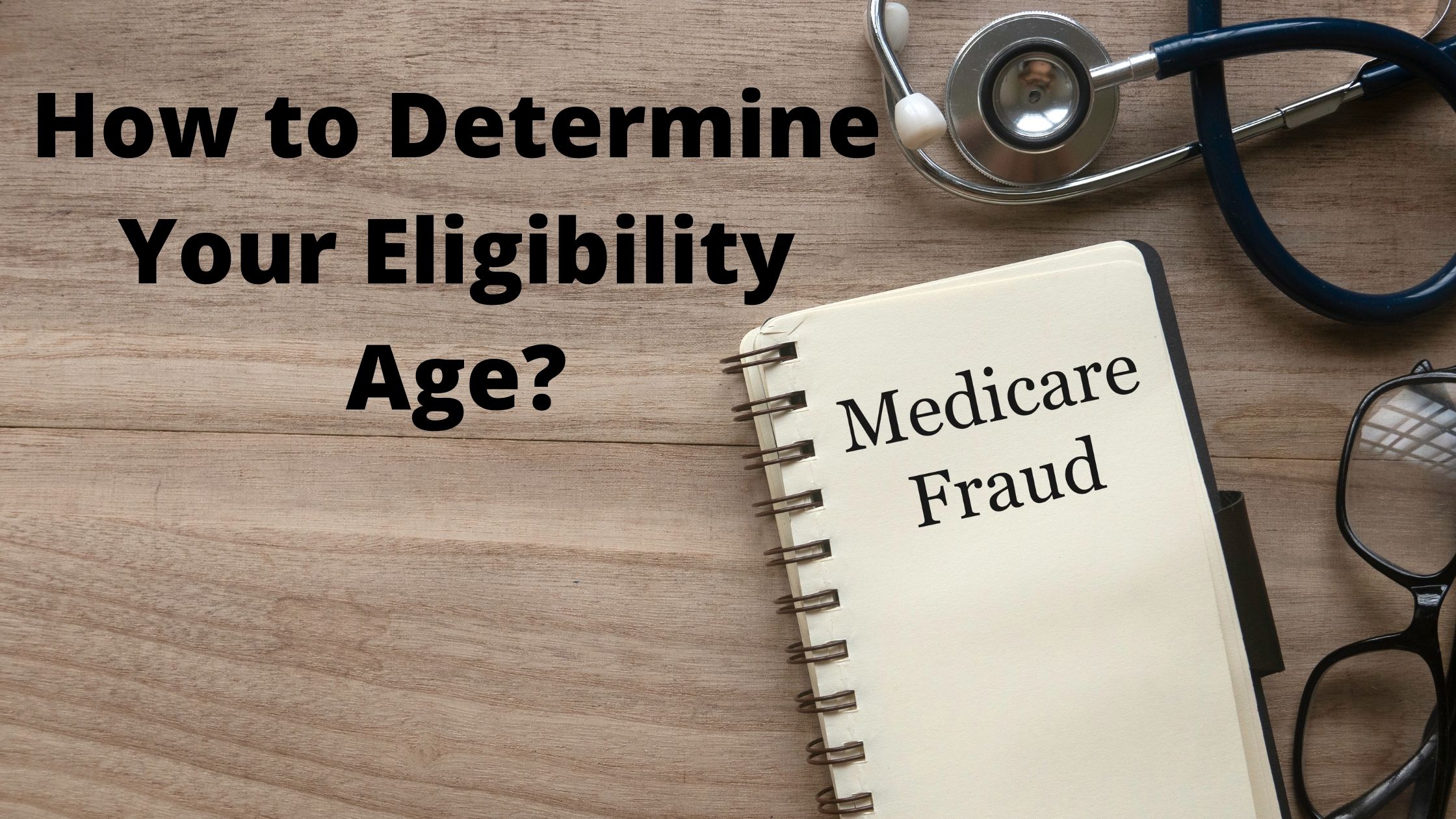Medicare is a government-run health insurance program that provides coverage for people aged 65 and over and certain people with disabilities. If you are thinking of turning 65 in the next few years, it’s important to know your eligibility age so that you can determine if you’re eligible for Medicare.
What is Medicare?
Medicare is a national healthcare program in the United States for people aged 65 or older and certain people with disabilities.
Medicare provides coverage for doctor visits, hospital stays, and some prescription drugs.
You may be eligible for Medicare if you are age 65 or older and have been living in the U.S. for at least 10 years. If you have a disability, you may be eligible if you have been living in the U.S. for at least 5 years and your disability prevents you from working.
To learn more about Medicare, visitMedicare.gov or call 1-800-MEDICARE (1-800-633-4227).
How Does the Program Work?
If you are aged 65 or over, you may be eligible for Medicare. To qualify for Medicare, you must be a U.S. citizen, have been a resident of the United States for at least five years prior to the application date, and be able to provide proof of your residency. You must also meet certain income and resource requirements. If you are not yet 66 years old, but are expected to become so within six months, you may still be eligible for Medicare if you have been a resident of the United States for at least 10 years and are unable to work because of a physical or mental impairment that began before your 18th birthday.
What Are the Three Types of Medicare Coverage?
If you are age 65 or older, you may be eligible for Medicare. You can choose one of three types of Medicare coverage: Part A, Part B, or Part C.
Part A is the basic part of Medicare that covers hospital and doctor fees.
Part B covers medical expenses like prescription drugs and treatments.
Part C provides additional benefits such as home health care, hospice care, and private hospital services.
How to Determine Your Eligibility Age?
If you are over the age of 65, you are automatically eligible for Medicare. However, if you do not yet meet the eligibility requirements, you can still receive Medicare benefits by calculating your eligibility age.
To determine your eligibility age, first subtract your birth year from 1975. If the result is less than 18, you are considered a young adult and are eligible for full Medicare benefits at age 65. If the result is 18 or greater, you are considered an older adult and are eligible for reduced benefits starting at age 65.
To find out more about Medicare and its benefits, visit medicare.gov or call 1-800-MEDICARE (1-800-633-4227).
What If I’m Over But Not Yet Eligible for Medicare?
If you are over the age of 65 but not yet eligible for Medicare, there are a few things you can do to maintain your health and qualify for the program in the future. Most notably, you should make sure to stay healthy and avoid costly health procedures. You may also be able to qualify for Medicare by working part-time or taking a course to improve your health.
What If I’m Under But Already Receiving Medicare?
If you are under the age of 65 and already receiving Medicare, you may not need to worry about whether or not you are eligible for full Medicare benefits. Instead, you will only need to worry about how much you will need to earn each year in order to remain eligible for Part A (hospital insurance) and Part B (medical insurance) benefits.
To find out your eligibility age, first calculate your birth year. Your birth year is the year you were born minus 1945. Next, add 5 years to your birth year. This will give you your qualifying age for full Medicare benefits. If your qualifying age is now 65 or older, then you are automatically eligible for full Medicare benefits. However, if your qualifying age is 66 or younger, then you will need to work for a certain number of years in order to be fully eligible for Part A and Part B benefits.
To calculate how many years you need to work, simply multiply your qualifying age by 8. For example, if you are now 66 years old and qualify for full Medicare benefits at the age of 65, then you would need to work for 8 additional years in order to be fully eligible for Part A and Part B benefits. If your qualifying age is now
Conclusion
Medicare is a government-run healthcare program that provides coverage for people aged 65 and over. To be eligible for Medicare, you must meet certain requirements, including being born before May 4, 1954 and having been a resident of the United States for at least five years. If you are between the ages of 18 and 64 and have worked long enough in qualifying jobs, you may be able to join the Medicare Part A program. This covers doctor visits, hospital stays, outpatient care, and some prescription drugs. To learn more about your eligibility status or to find out if you are already enrolled in Medicare, visit the website of the Centers for Medicare & Medicaid Services (CMS).

